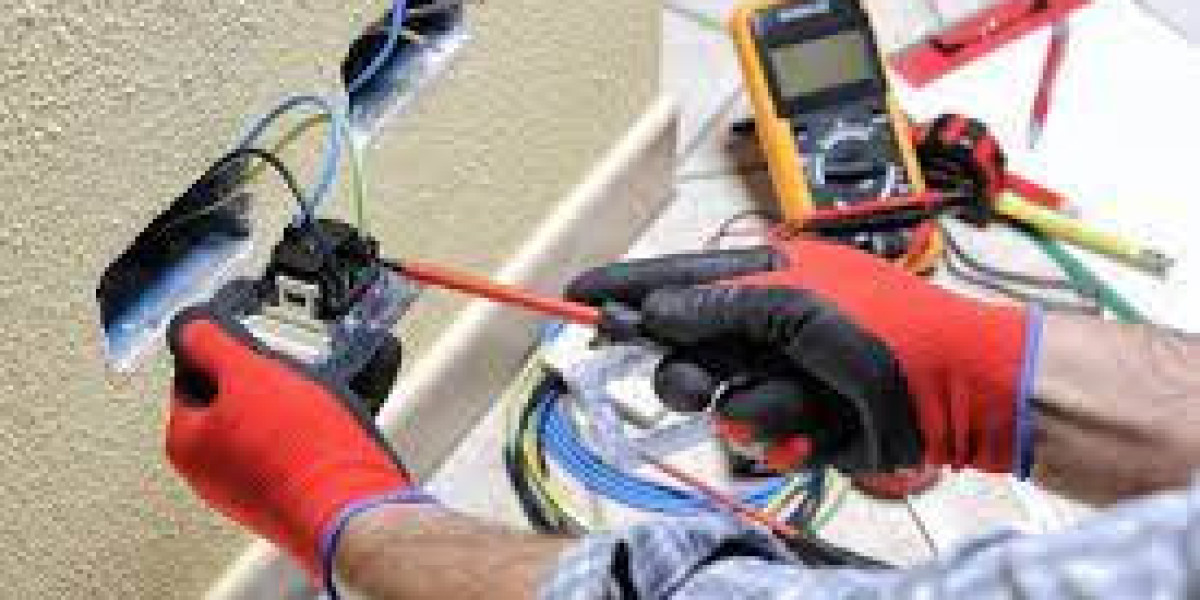Introduction: In our modern, electricity-dependent world, encountering Elektriker Notfall, or electrical emergencies, is not uncommon. Whether it's a sudden power outage, sparking outlets, or a malfunctioning appliance, these situations can pose serious risks to both life and property. Therefore, knowing how to respond swiftly and safely in Elektriker Notfall is crucial. In this article, we'll outline essential steps for staying safe during electrical emergencies, emphasizing quick response and effective action.
Stay Calm and Assess the Situation: The first and most important step in any Elektriker Notfall is to stay calm. Panicking can lead to rash decisions and increased risk. Take a moment to assess the situation calmly. Determine the nature of the emergency – whether it's a power outage, electrical fire, or another issue – and evaluate the potential hazards.
Ensure Personal Safety: Before taking any action, prioritize your personal safety and that of others around you. If there's a risk of electric shock or fire, evacuate the area immediately. Do not touch electrical appliances or wires if you suspect they are damaged or if water is present. Keep a safe distance from any electrical hazards until you can confirm it's safe to approach.
Cut Off the Power Supply: If it's safe to do so, cut off the power supply to the affected area or appliance. Locate the circuit breaker panel or fuse box and switch off the relevant circuit. This can help prevent further damage and reduce the risk of electrical shock or fire. If you're unsure how to safely cut off the power, err on the side of caution and contact a qualified electrician for assistance.
Use Insulated Tools: If you need to interact with electrical equipment during an emergency, use insulated tools whenever possible. Insulated tools provide a layer of protection against electric shock by preventing direct contact with live wires or components. Wear appropriate personal protective equipment, such as rubber gloves and safety goggles, to further reduce the risk of injury.
Avoid Water: Water and electricity don't mix. If the Elektriker Notfall involves water – such as a flooded area or a leak near electrical outlets – exercise extreme caution. Avoid contact with water and electrical devices, as water can conduct electricity and increase the risk of electric shock or electrocution. Wait until the area is dry before attempting any repairs or assessments.
Have an Emergency Plan: Preparation is key to handling Elektriker Notfall effectively. Develop an emergency plan that outlines what to do in the event of various electrical emergencies, including power outages, electrical fires, and appliance malfunctions. Ensure all members of your household are familiar with the plan and know how to respond quickly and safely.
Seek Professional Help: While you may be able to address some Elektriker Notfall situations on your own, there are times when it's best to seek professional assistance. For complex electrical issues, high-voltage problems, or situations where personal safety is at risk, contact a qualified electrician immediately. Don't attempt to repair electrical systems or appliances beyond your skill level.
Practice Electrical Safety:Prevention is always better than cure. Practice good electrical safety habits to reduce the risk of emergencies. This includes avoiding overloading electrical outlets, using appliances and cords that are in good condition, and scheduling regular maintenance checks for your electrical systems.
Conclusion
Staying safe in Elektriker Notfall requires a combination of preparation, quick thinking, and adherence to safety protocols. By following these essential steps and maintaining a proactive approach to electrical safety, you can minimize risks and protect yourself, your loved ones, and your property from harm. Remember, safety should always be the top priority, and when in doubt, seek professional help.








